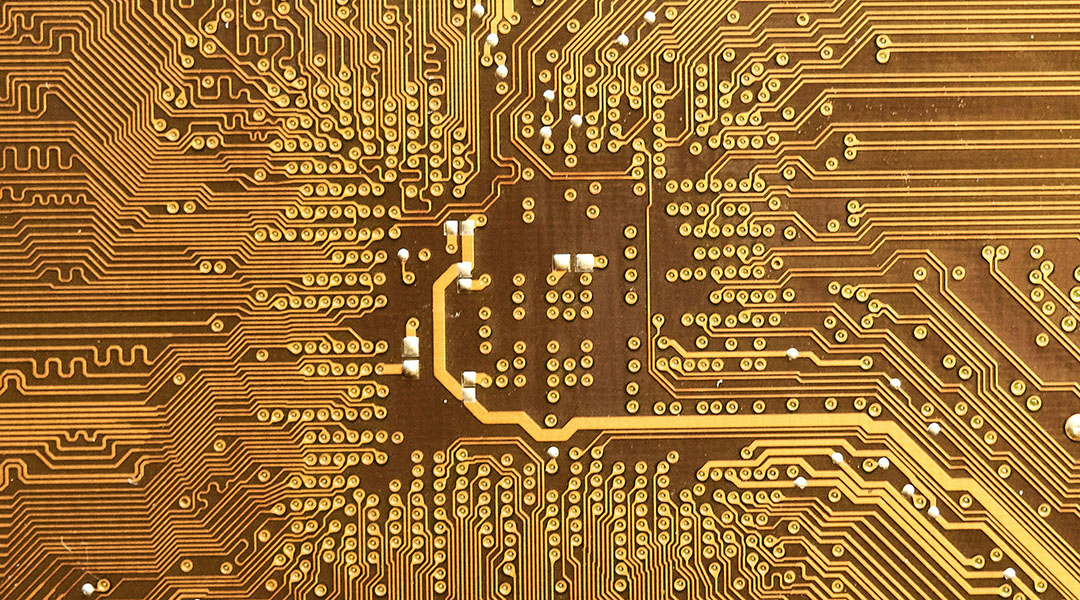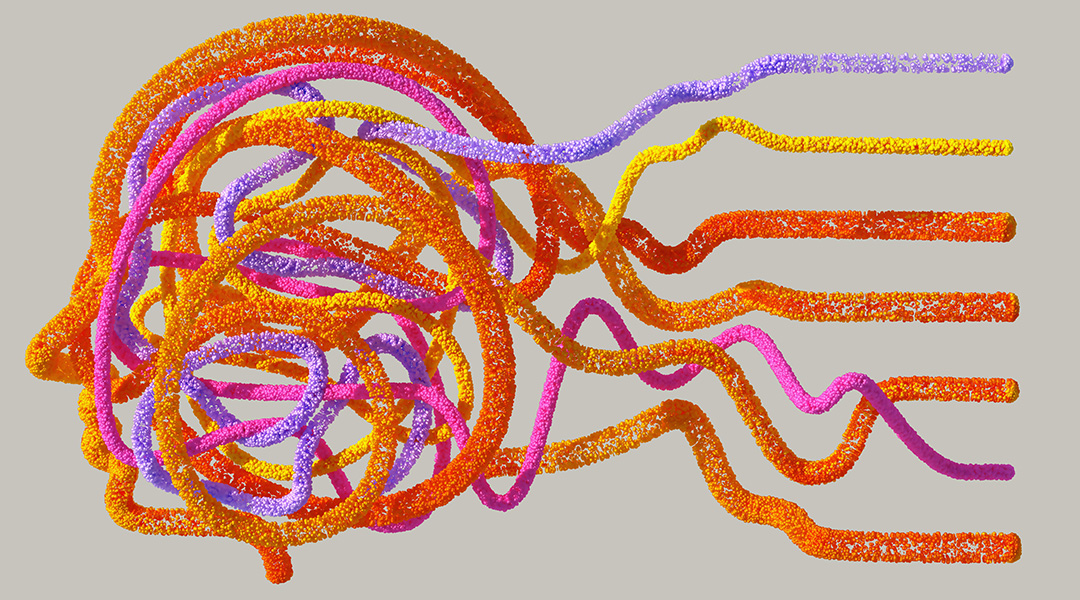Replacing animal testing with the ever-growing capabilities of AI and deep learning could help minimize the need for animals in scientific discovery.


Replacing animal testing with the ever-growing capabilities of AI and deep learning could help minimize the need for animals in scientific discovery.

A team of data scientists has developed a general-purpose recommendation system for insurance based on Bayesian networks and deep learning.

Researchers from UC Berkeley are utilizing deep learning to bypass iterative finite element calculations. Their deep learning model is trained using finite element simulation data to predict the deformation behavior of favorable designs.

The sensitive e-skin robotic coating applies ultrasonics and AI while taking its inspiration from the Japanese art of Kirigami.

Preventing sudden and unexpected death hinges on accurately predicting the onset of epileptic seizures, even those with the rarest occurrences.

Researchers develop “relative attention entropy” to optimize data transmission, aiding AI learning and communication systems.

Sleep apnea patients may soon sleep easier thanks to a comfortable, remote wearable device that tracks breathing patterns with the help of AI.

A new AI diagnostic tool uses microbiome data and lifestyle factors to predict risk of multiple diseases, ushering in a new era of personalized healthcare.

AI is changing the labor-intensive process of manual cell counting, offering improved accuracy, efficiency, and a door into new scientific applications.

Researchers use machine learning techniques to decrease the workload of surgeons.